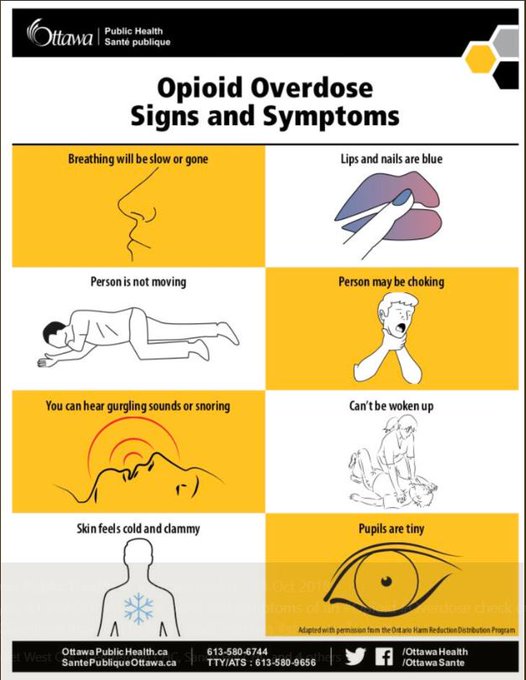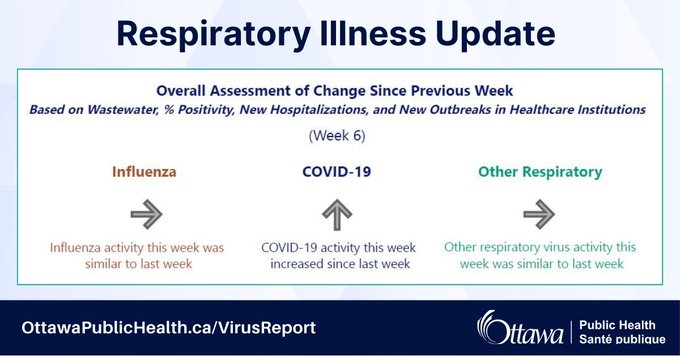
Witnessing or experiencing stressful events can affect mental health. The impact of stress can be immediate or delayed. People can feel a range of emotions and reactions which can affect thinking and physical health. A person might have trouble sleeping, eating or paying attention. If these feelings are affecting day-to-day life, please ask for help. Getting help is a sign of strength.
Tips for parents, children and youth
- Responding to stressful events: Families, children and youth factsheet (pdf - 178 KB). Available in Arabic (pdf - 266 KB) and Hebrew (pdf - 254 KB). This document is currently not in an accessible format. An accessible document will be posted shortly.
- Make a Resilience Action Plan - Activity sheet for parents (pdf - 153 KB). Available in Arabic (pdf - 255 KB) and Hebrew (pdf - 243 KB). This document is currently not in an accessible format. An accessible document will be posted shortly.
Talking about stressful events
Children look to adults for guidance and comfort, especially during a stressful event. Talk to your child and/or youth about the stressful situation they have seen, experienced or heard about. It’s important to be open and honest about what is happening and explain it in a way they will understand. Try the following tips:
- Find a time and setting where they would be comfortable talking. For example, during a normal routine such as eating together or going on a walk.
- Check in to see how much they know and talk openly and honestly about what is happening.
- Help them share their feelings and ideas and encourage them to speak to someone they trust. Talking will help them work through these strong emotions.
- Be mindful of your body language and facial expression – children and youth will follow and react to your cues.
- Use activities such as drawing, writing, reading books, or using online tools to help them express their feelings and emotions. If you need more information or ideas on how to talk to your child or youth, please check out these helpful tips from our partners at CHEO.
- Let them know they can ask questions and their thoughts and feelings will not be dismissed.
- Keep your responses simple, practical and age appropriate – you are the best judge for how much information is necessary to share with your child.
- Be prepared to answer difficult questions and understand that it is okay to not have all the answers.
- Be patient, remember that some children and youth are likely experiencing these emotions for the first time and need time and supports to learn how to cope.
- Children and youth may be seeing upsetting content on social media and other platforms. Try to limit upsetting information by being aware of what your child is looking at and using parental controls if needed.
- Practice calming strategies, such as mindfulness, In front of your child. Show them how you stay calm and alert when you deal with difficult events.
- Check out Parenting in Ottawa for more tips on building resilience in children and youth.
Recognizing signs of stress in children and youth
Children and youth will react to stressful events in different ways. This is related to many reasons including culture, age, stage of development and temperament. Watch for changes in mood and behaviours. Signs to watch out for include:
- Changes in eating or sleeping patterns (too much or too little, nightmares or not wanting to get out of bed).
- Spending less time with others or talking less (including not talking about the stressful situation).
- Complaining of headaches, stomach problems or other health issues.
- Changes in emotions such as excessive crying, worrying, sadness, fear, anger, confusion, helplessness and panic attacks.
- Finding it hard to focus.
- Changes in schoolwork, missing school or going back to behaviours they have outgrown (e.g., bedwetting, acting out).
- Feeling overprotective and worrying more than usual about loved ones.
- Not taking part in activities they used to enjoy.
- Using substances (drugs) including alcohol, tobacco, cannabis or opioids to cope.
- Speak to older children and youth about the changes that you see. Reach out for help if you are concerned.
Support children and youth in learning healthy coping skills and help them deal with difficult situations by:
- Helping them to get enough sleep, eat healthy foods and stay active.
- Limiting screen time and encourage them to go outside.
- Spending time together as a family doing something everyone enjoys or find other ways to connect.
- Encouraging them to talk about their feelings and check in regularly.
- Keeping family routines, if possible.
- Connecting with your spiritual community.
- Staying connected with people you care about.
Learn more on supporting children and youth with learning healthy coping skills.
Parenting in Ottawa webpage on Responding to Stressful Events - www.parentinginottawa.ca/en/responding-to-stressful-events.aspx
Partner resource - CHEO webpage on Tragic and Upsetting News Events - www.cheo.on.ca/en/resources-and-support/p6262.aspx


